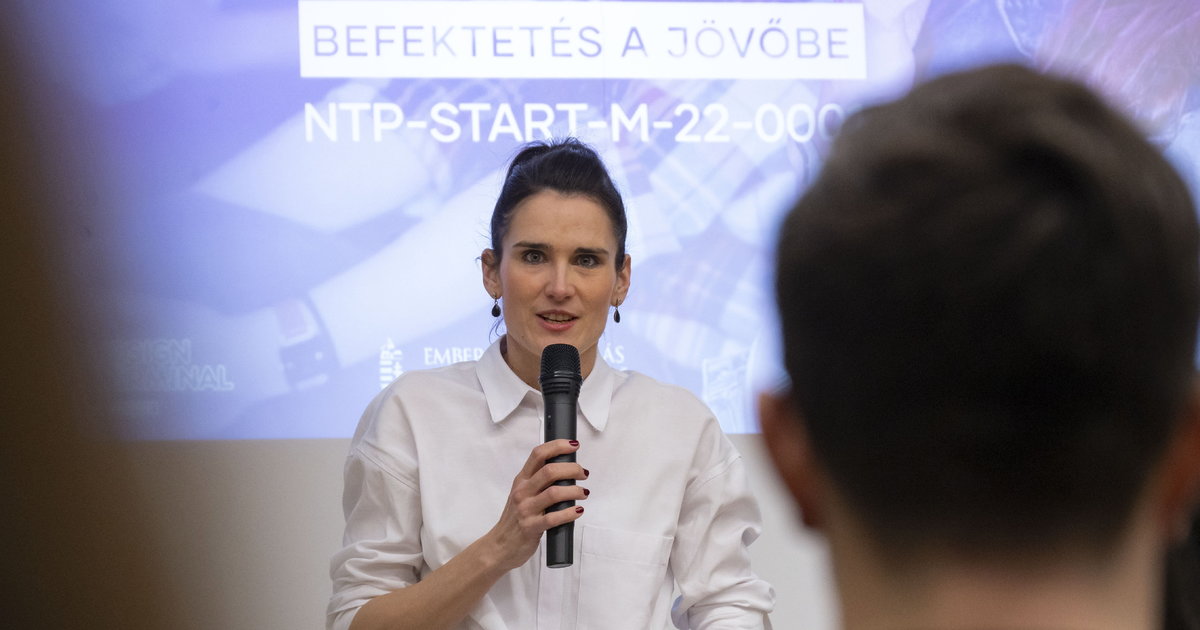Stephen Sholl: Parents Against Propaganda: The Example of Hungary
Millions of children in the United States continue to participate in politicized education.
While the recent victory of the newly elected governor, Glenn Youngkin, in Virginia represents a significant setback for those advocating the introduction of critical race theory and other left-wing curricula in schools, it is by no means the finality of these forces. Youngkin won by only 65,000 votes, and the districts with the most radicalized school in my hometown and Loudoun County continued to vote for a candidate who believes parents should not have a say in school education.
In the United States, millions of children continue to participate in politicized education and there is no realistic chance of changing state or local administration. Even if parents choose to teach their children at home, the current situation often requires them to be sent to college, institutions that are left to the left. Parents living in strongly conservative states also face this difficulty, as most governors would have to pursue and account for radical teachers present at their own state university. Thus, educating children in these states often means adapting to a myriad of woke-dominated educational institutions.
While this may seem like a hopeless situation for those raising a child, parents need to see it: even though their children may face significant political influence at school, college, and society, parents are the most significant force in the upbringing of their children.
We know this because just 65 years ago in Hungary, parents raised a generation that is rebelling against left-wing totalitarianism and which has shaken the Soviet Union.
This “counterbalance” was widespread throughout Hungary, and many Hungarian families opposed the ideological sermons of “propaganda schools”. A Hungarian I met said that many conversations with the family in the 1950s ended with “not a word about it at school”. In these secret home conversations, parents, after working tiringly long shifts, still broke down to teach their children about religion, history, and culture. As the Hungarian education system, which is based on the unique national history, religiosity and attachment to the West, was completely condemned by the state education system, it became the task of the parents to pass on their traditions, knowledge and history to their children.
This allowed students to see through the lies of those who were out of school. When they took to the streets demanding reform and later fought heroically against the Red Army, they carried a generation of knowledge that spurred them to revolt against what they knew was bad. Although the 1956 revolution was crushed and the dream of freedom cremated, Hungarian parents regained their role as shields and guides for their children from continuing communist rule. When the system began to collapse in the late 1980s, college and Hungarian youth once again played a major role in the dismantling of the communist regime, the 1989 roundtables, and the first democratic elections in Hungary in 1990.
Studying the example of 1956 and Hungary’s experience of communism in general, we can draw some hope from this episode; yet a widespread, organized propaganda campaign wide and completely successful. However, this hope must go hand in hand with the awareness that the communist education system in Hungary failed only because family education was successful.
Until we recapture our entire education system, public, private, and college, from the clutches of left-wing ideology, it is the responsibility of every parent to prepare and nurture a generation that can withstand the effects of left-wing ideology. There is no doubt, then, that the commitment of parents in the upbringing of their children is far more important than the person of the governor and the composition of the chair.
(Stephen Sholl is a visiting staff member at the Mathias Corvinus Collegium. He was previously a member of the Hungarian National Remembrance Committee, an independent research institute examining the legacy of communism in Hungary.)
Photo: MTI Photo: E. Várkonyi Péter




